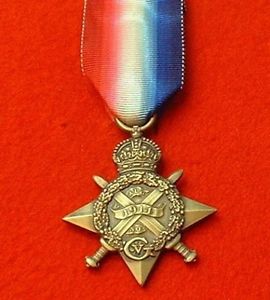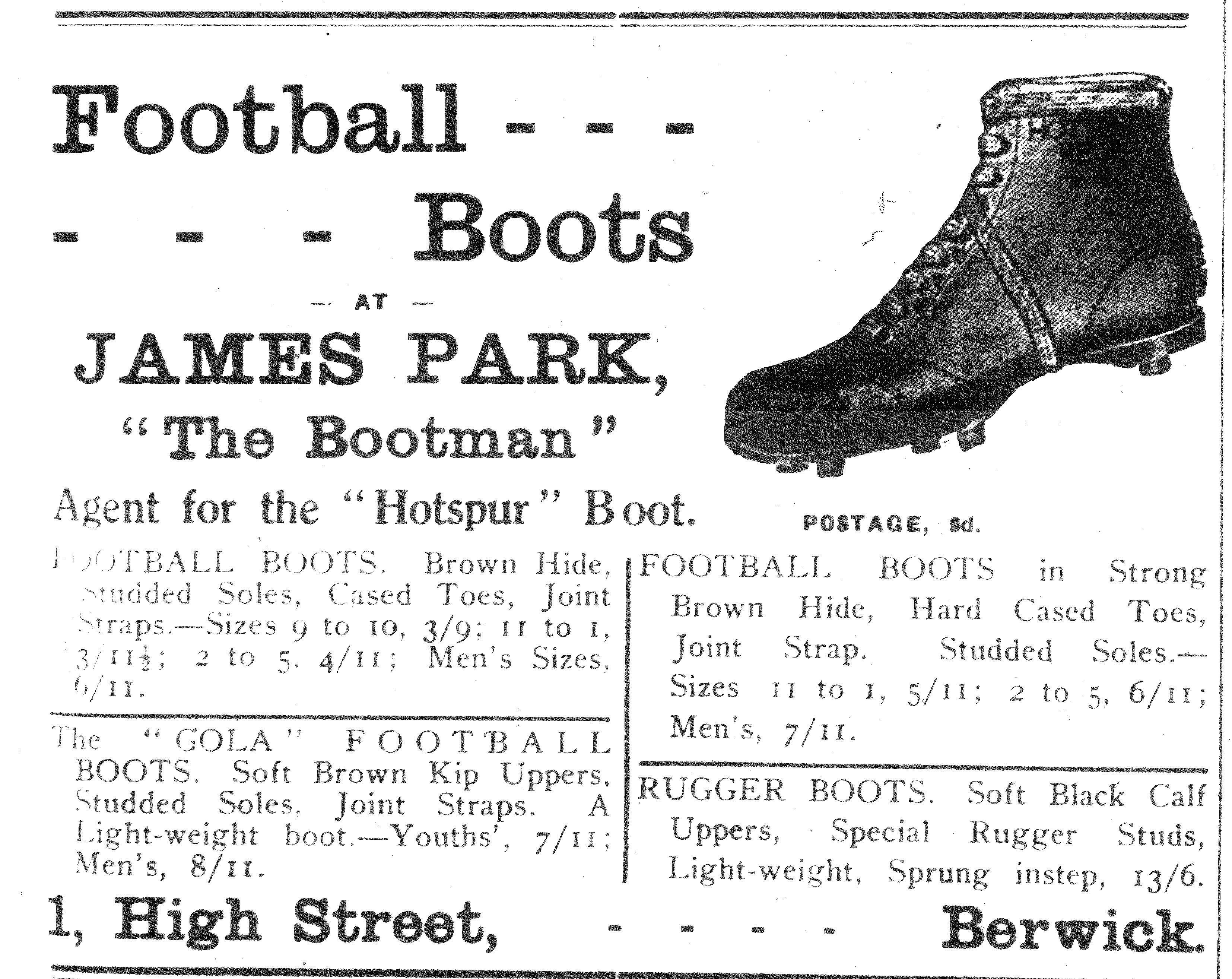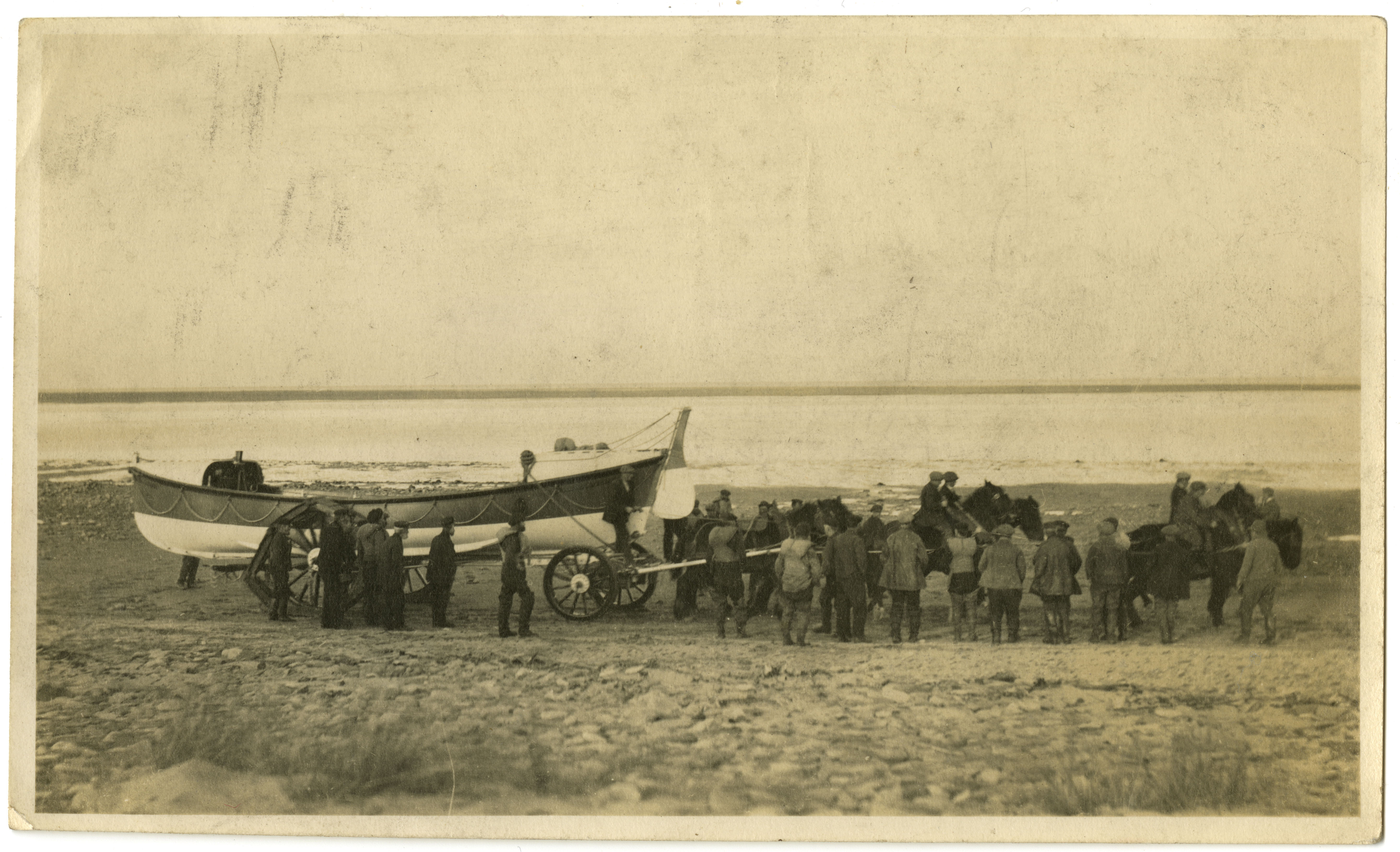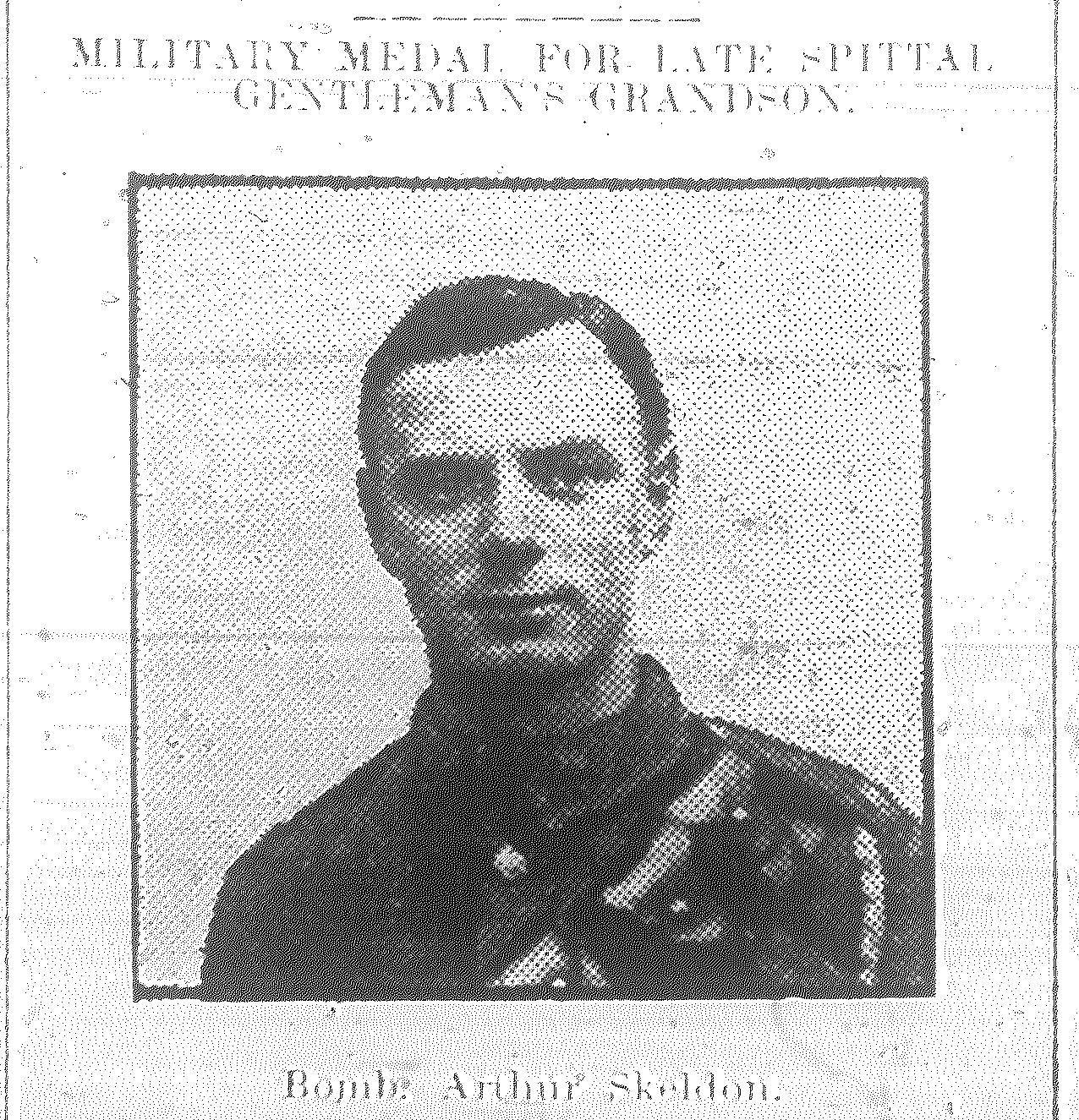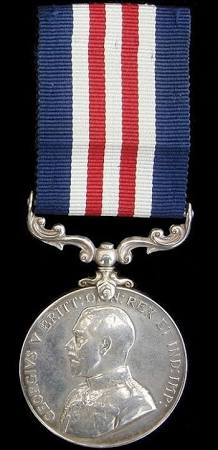BERWICK ADVERTISER, 8 MARCH 1918
BELFORD HIRING
There was a large gathering of farmers and farm servants at Belford hirings on Wednesday but comparatively speaking; the amount of hiring done was not great, owing to the strong desire on the servants’ part to have very high wages and the desire on the farmers’ part to keep wages within what they considered reasonable bounds. Several engagements were effected at wages ranging from 35s per week to 38s, and in a few instances £2 weekly was received by really good men; lads were engaged at a few shillings per week less. In all cases the usual perquisites were received. Female farm workers were engaged at £1 and 25s weekly. There was a general scarcity of food supplies for the visitors. There was little or no meat, and the few pies the bakers had prepared were speedily sold out. One of the public houses had ample beer supplies, and did a large business.
LOCAL NEWS
Arrangements are now possible for the formation of Depots of German prisoners in different parts of the county who will be available for agricultural work, and enquiries are now being made as to the extent to which farmers will desire to take advantage of such labour if provided.
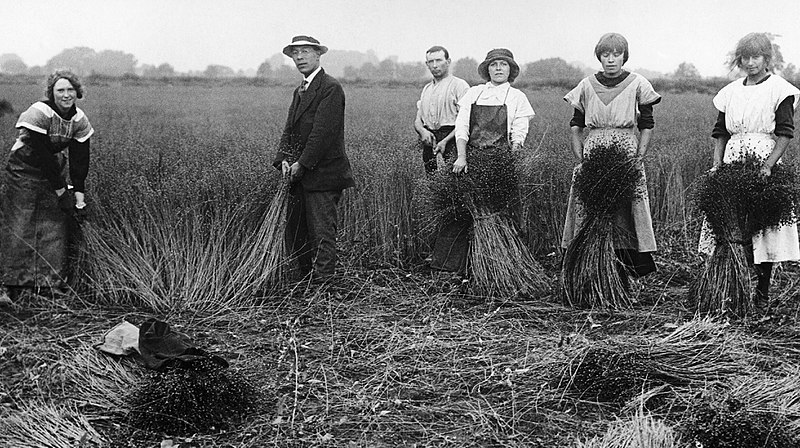
In future an applicant for exemption will only have to appear before the Tribunal when the National Service Representative objects to his appeal. Otherwise he will get his exemption automatically. The concession is a little late in coming, but it will still save a good deal of time being wasted.
BERWICK PETTY SESSIONS
At Berwick Petty Sessions on Thursday 7th March, John Dudgeon, baker, Walkergate was convicted of having used over twenty five per cent of imported flour in making of loaves in contravention of the Food Controller’s Regulations. The defence was that bread was baked on the half sponge system which obtains in Scotland, and was also affected by the temperature of the particular day on which it was manufactured. The police on the other hand, produced local master bakers to disprove this; holding that if white bread of this nature could be made at Berwick it would be sold in other towns as it would command a ready sale. The Chief Constable stated that he had on several occasions warned Mr Dudgeon as to the risk he was running in continuing to ignore the regulations, and was latterly forced to adopt proceedings. The Bench found defendant guilty, and imposed a fine of £5.
NORHAM AND ISLANDSHIRES RURAL DISTRICT
MEAT RATIONING
MEAT CARDS are being posted this week to all Persons who were resident in the above District on 5th October last, and registered under the Sugar Scheme.
Persons who have removed into this District since that date must make application to me for a Card by TUESDAY, the 12th instant, stating names and ages of the Household.
W.T. KENNEDY
Executive Officer
Norham-on-Tweed,
March 7th, 1918
RURAL DISTRICT OF GLENDALE
FOOD DISTRIBUTION SCHEME
RATIONING OF MEAT, TEA, BUTTER AND MARGARINE, BACON AND CHEESE
NOTICE IS HEREBY GIVEN that the above Scheme will come into force in the Glendale Rural District on the 25th March 1918, after which date supplies of MEAT, TEA, BUTER and MARGERINE, BACON, and CHEESE, will only be procurable on production of a Food Card and from a retailer with whom the holder of the card is registered.
Cards will be issued to all Individuals, and any who have not received cards by 15th March should make immediate application to the Food Office.
ALL RETAILERS of the above mentioned Foodstuffs and all owners of Hotels, etc., will required to be registered, and must apply for Application Forms for Registration by March 11th.
WILLIAM BONE
Executive officer
Registry Office
WOOLER, 5th March 1918.
MEETING OF FRIENDS IN FRANCE
We are pleased to learn that letters have come to hand from Lieut. Wm. Gregson, R.F.C., son of the late Mr John Gregson, formerly editor of the “Berwick Advertiser,” and Mrs Gregson, High St. Berwick, stating that he has undergone an operation and has luckily retained his foot which was badly wounded, and that he was soon hopes to be well enough to be sent across to “Blightly”.

Lieut. Gregson says he had just arrived at the rail head at a Casualty Clearing station, when he looked up and saw Private A. E. Constable of Berwick. Both recognised each other instantly and at the Clearing Station a good talk about Berwick and old times took place. Private Constable is serving on the Red Cross Ambulance Train.
Private Constable writing home says, “I was assisting to carry a Flying Officer, when I found I was carrying that old friend Wm. Gregson of Berwick. He recognised me at once and quoted a line of Juvenal. He had a pretty painful wound, but is one of our most cheery patients and is very anxious to talk about Berwick. Private Constable also writes that not long ago he came across the 7th N.F., and saw Lieut. Stiles, Lieut. Herriott and Major A. H. M. Weddell.
SCREMERSTON
A farm servant employed at Heatherytops, when following his occupation, fell from a cart and broke some of his ribs. We understand he is making progress towards recovery.
We understand the annual Egg service will be held in the Parish Church on Easter Sunday and in view of the need for eggs in our hospitals gifts of these will be most thankfully received.
We learn that a ballot of men employed at Scremerston Colliery, under provisions of the Man Power Bill, took place on Wednesday.
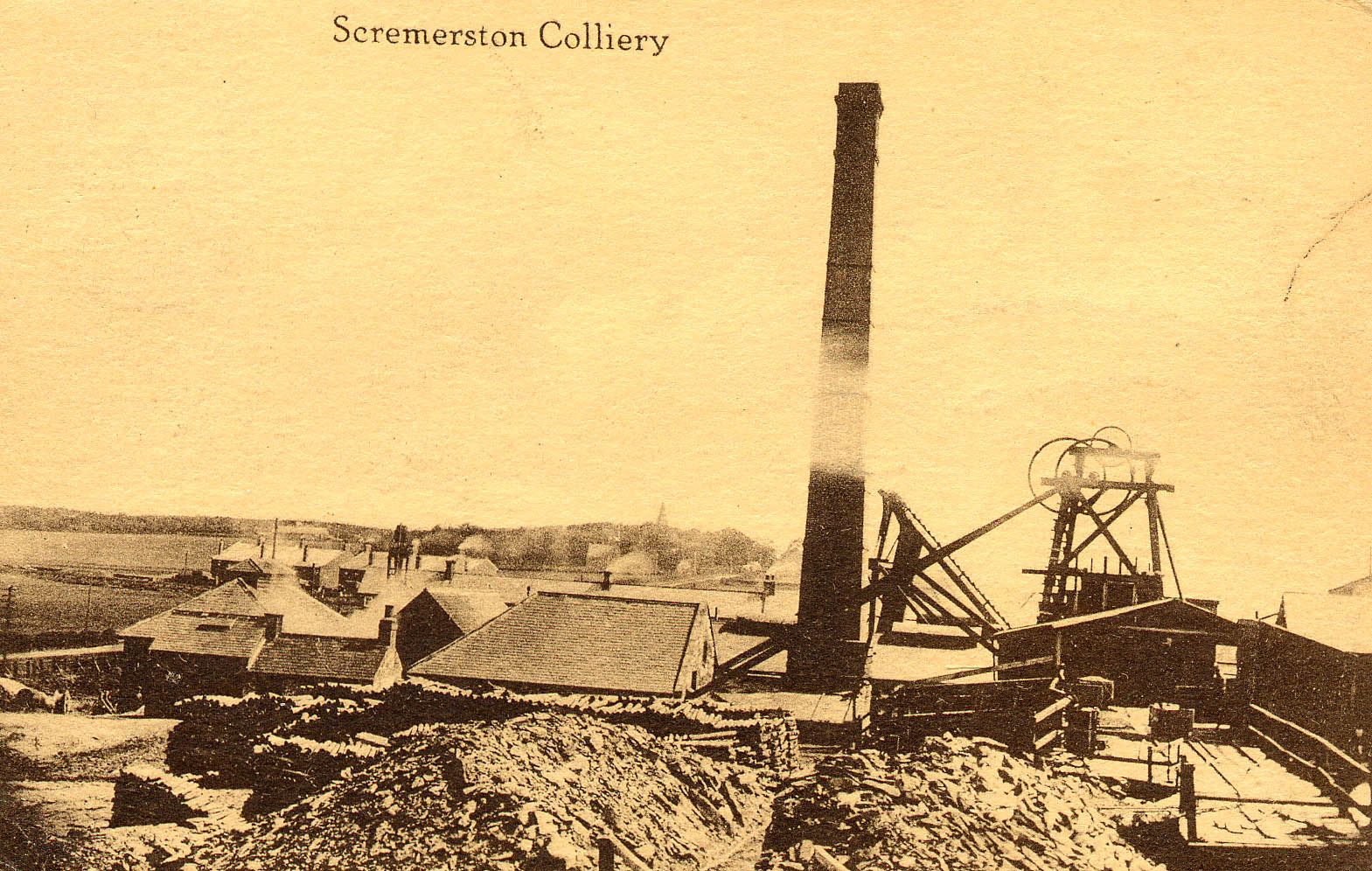
Little progress appears to be made with the Volunteer movement in the village, and there are only a few men taking part in the drills held at the Old Institute. One cannot help thinking it would be better for men who have the time to join the Volunteers before the next comb out takes place.
The Hope of Coldstream members (17) visited the Scremerston Lodge on Monday night. The Hope of Coldstream is a Lodge recently re-started, and they owe the re-start to the Hope of Scremerston, which was incidental in sending their present Chief Templar, Bro. W. Logan, who went to Coldstream a few months ago. Along with Sister Black he managed to get a few members together, and they have at the present 54. The Coldstream members filled the offices, and supplied the programme, which was very much enjoyed. The Scremerston Lodge provided them with a light refreshment before they proceeded on their way home.


